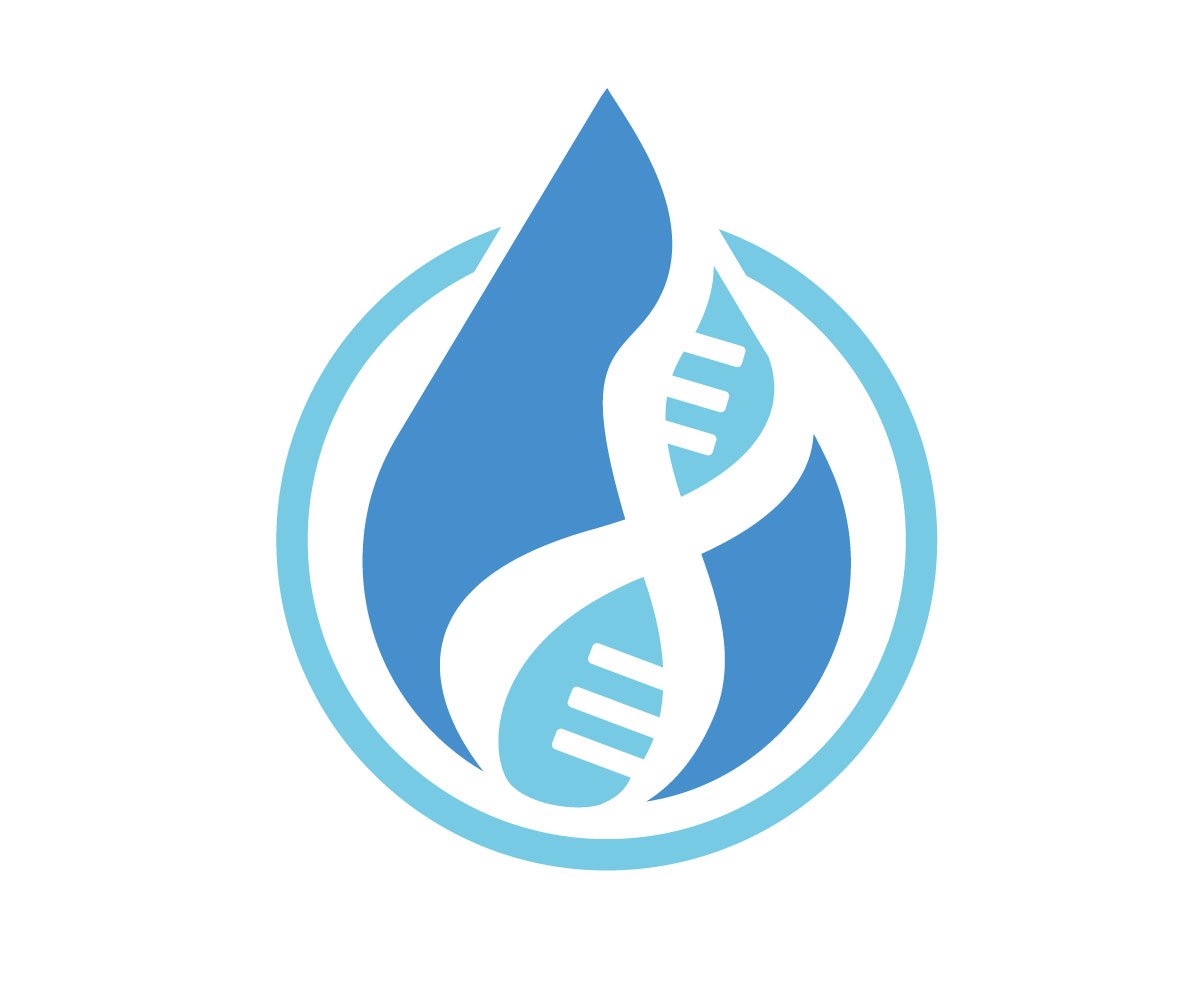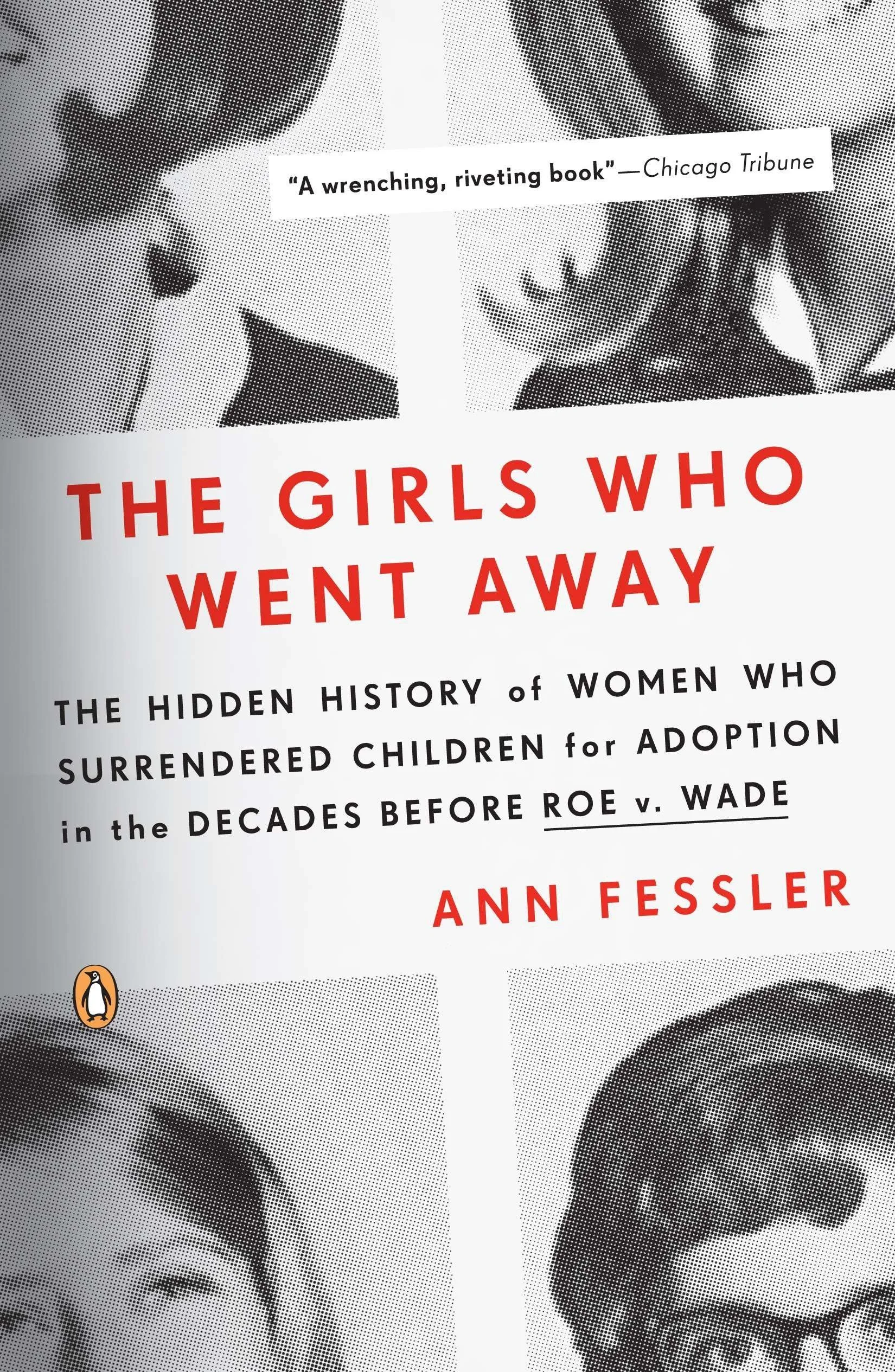New uncle confused by his sister’s reaction to her adult child’s discovery
I recently received an inquiry from the uncle of a newly-discovered adult adoptee who had searched and identified his biological mother via 23andMe. The person who reached out to me was seeking out resources to help him understand why his sister had at first been excited that her biological son had been found, but then changed. Here is a snippet of the email, edited for privacy:
“My sister found her son that she gave up for adoption, through 23andMe. She was not searching for him and the DNA results popped up. He was eager to engage and have a relationship. Day one my sister was excited, then day two it quickly went downhill on her levels of acceptance of the situation.
I’m his uncle and I went to dinner to meet him and his wife along with my sister. She was very withdrawn from the conversation. At this point she wishes she had never found him. She has never been married nor has had any other children. Can you help us in understanding her and how she might wade into this rather than turn it off?
My family has decided to have a relationship with him and his family. I’m searching for answers to understand my sister. Not sure if she has trauma having to give up a child at 16. She has had virtually no relationships with men or friends. Relationships with family members have been rocky as well.”
I replied to the email with information and resources.
“This is not the first time I have heard a story like this,” I began.
“You’ve begun to wonder about theories yourself, what is likely at play…which could be a history of trauma for your sister, whether directly related to the adoption/surrender of a child, or something else, or both.
I don’t know your sister and am not qualified to diagnose psychological disorders or mental health conditions. What has helped me as I work with people adjusting to surprise DNA discoveries and new family relationships is learning about attachment theory, common experiences for those in the adoption constellation, and the mental health challenges like PTSD that arise from unrecognized and unaddressed trauma. And then I make referrals to other professionals to work with clients individually.
There are two books that I would like to recommend for everyone to read when a previously-unknown adoption comes to light in the family:
I interview the author of American Baby, Gabrielle Glaser, on my podcast here: https://podcasters.spotify.com/pod/show/watershed-dna
If you don’t get to the books, at least try to listen to the podcast episode.
In learning about relationship challenges that arise in DNA discovery situations, it has been helpful to me to learn about behavior in adulthood, and how much of it can be traced all the way back to early-in-life experiences. Cluster B personality disorders, for example, sometimes develop after a trauma early in life, and they can lead to relationship challenges.
Again, I want to be clear I am not diagnosing your sister because I don’t know her or her life story, and that is the role of a psychiatrist or other qualified professional to explore in depth. But the more everyone tries to get into your sister’s shoes and view this experience from there, the easier it will be for everyone in the long run.
Sometimes, the challenges that arise in an adoption search and reunion are due to a complicated scenario of needs and timing not aligning. For instance, one person in the situation might be contacted at a time in life when making a connection is not desired or is more challenging. This article in the Atlantic written by therapist Lori Gottlieb can provide a little insight into an adopted person’s experience of the search and reunion journey.
I hope everything continues to go well for those of you choosing to pursue a relationship.
I wish you sustained patience through this experience.
I hope everyone develops good communication and boundaries as relationships progress.
I pray that you can all keep an open heart with compassion and empathy for your sister, and for one another.
It can be very good and healing to explore new connections and family relationships, no matter the point of life they arise! The same situation can be incredibly painful for others, and it’s not their fault (or anyone’s).”
If you see yourself or a loved one in this story, you might find this resource list compiled by Watershed DNA helpful.
The list is not exhaustive, but it can be a start.
I offer more of my compassionate approach to supporting those who pursue DNA testing in a search for answers through The DNA Guide for Adoptees.
Consider supporting this site and keeping it ad-free by purchasing a copy and donating it to a local library, a friend, or a family member you know.




